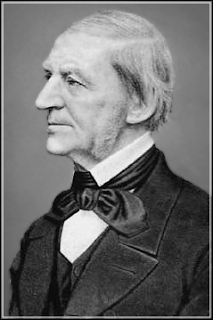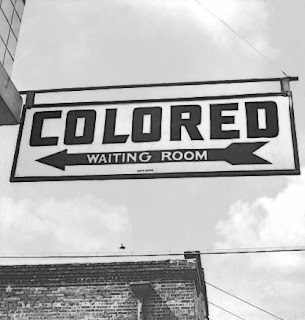A Feminist Reading of Shakespeare's Ophelia (Hamlet): Challenging Traditional Interpretations

Introduction William Shakespeare 's tragic play "Hamlet" has captivated audiences for centuries with its complex characters and themes. Among these characters is Ophelia, the young and innocent love interest of the title character. While traditional interpretations of Ophelia portray her as a weak and passive victim of circumstance, a feminist reading of the character reveals a more nuanced and powerful portrayal of a woman struggling against the oppressive forces of a patriarchal society. The Oppressive Forces of Patriarchy Ophelia painting by John William Waterhouse Ophelia appears only but very few limited scenes and even her story is structured on Hamlet's. Again Ophelia is surrounded by male figures who seek to control and manipulate her. To satisfy his growing questions about whether Hamlet is feigning madness, Claudius, the Uncle -King makes three attempts to verify Hamlet’s sanity. In one of his endeavors he makes use of Ophelia, the daughter of the lor

.png)

.png)

